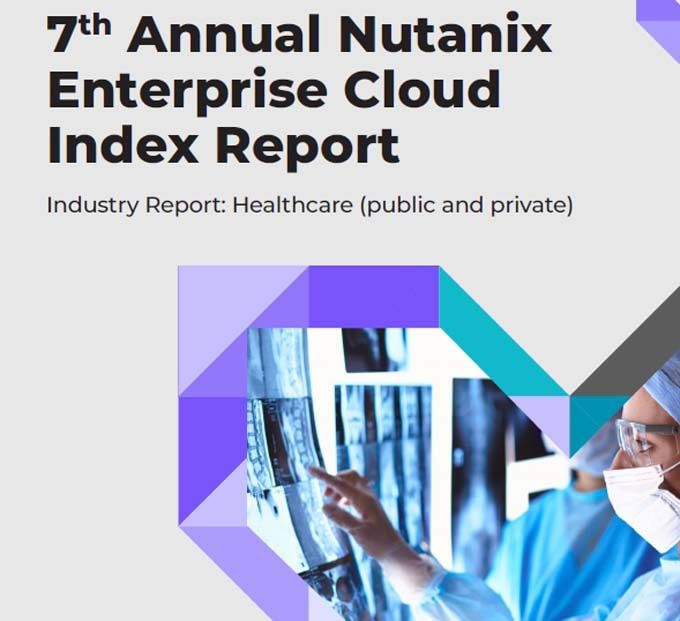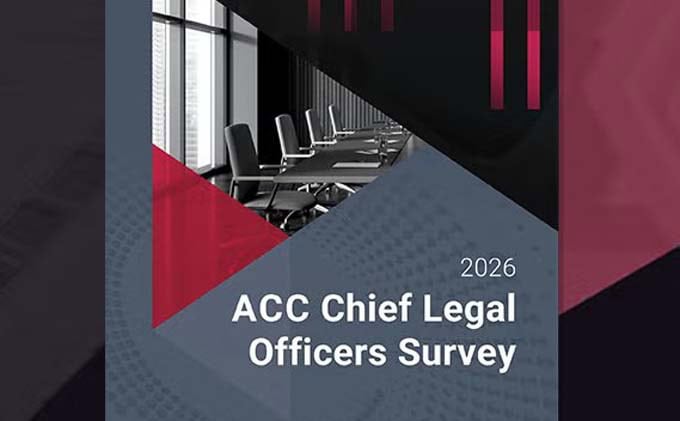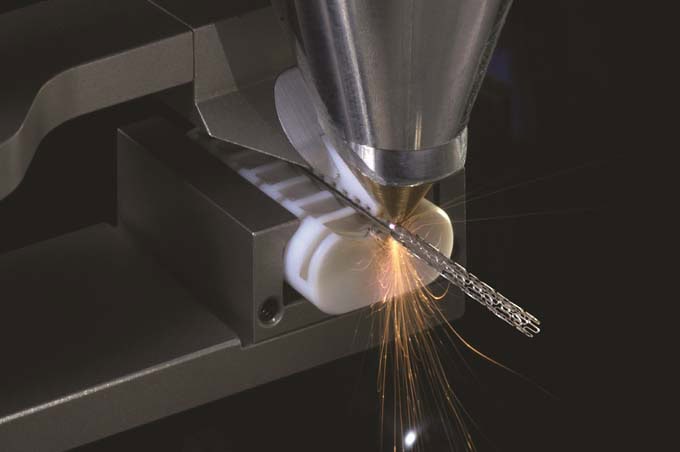Healthcare sector: Modernization of IT infrastructure lags behind introduction of GenAI
According to a survey by Nutanix, 99% of companies and institutions in the healthcare sector are already using generative artificial intelligence (GenAI) applications or workloads - the highest industry-specific figure ever measured. This includes a wide range of applications, from AI-supported chatbots and co-pilots for code generation to the automated development of hospital applications. However, almost as many respondents (96%) stated that the existing data security and governance measures were not sufficient to fully support the scaling of GenAI.

Nutanix, a specialist in hybrid multicloud computing, has presented the results of the seventh edition of its annual Enterprise Cloud Index (ECI) survey for the healthcare sector. With the global survey, the provider measures the spread of cloud use in the industry. "In healthcare, every decision has a direct impact on patients - including decisions about how we evolve our technology stack," explains Jon Edward, Director IS Infrastructure Engineering at Legacy Health. "We looked very carefully at how we could responsibly integrate GenAI. This meant investing in an infrastructure that would allow us to support long-term innovation without compromising on privacy and security. We are committed to modernizing our systems to deliver better care, become more efficient and continue to live up to the trust patients place in us."
GenAI: Introduction at full speed
According to this year's report, healthcare leaders are rapidly adopting generative artificial intelligence (AI) - despite lingering concerns. Respondents from the healthcare sector cite the ability to integrate GenAI into existing IT infrastructure as the biggest hurdle (79 percent), closely followed by persistent healthcare data silos (65 percent) and stubborn challenges in developing cloud-native applications and containers (59 percent).
"The healthcare industry has been known to be slower to adopt new technologies. However, this is not the case with GenAI, which is being adopted much faster. This is likely due in large part to the ease of access to GenAI applications and tools," said Scott Ragsdale, Senior Director, Sales - Healthcare & SLED at Nutanix. "Despite the impressive adoption rate across the industry, concerns remain about the importance of protecting healthcare data. Virtually all healthcare organizations and institutions are using GenAI in one way or another. However, we are likely to see more widespread adoption when the root causes of privacy and security concerns are addressed."
Some important results
The survey participants from the healthcare industry provided information on GenAI implementations and trends, Kubernetes and containers as well as the operation of their business-relevant applications today and in the future. The key findings of this year's study include:
- The introduction and deployment of GenAI in healthcare requires a more comprehensive approach to data security. The industry representatives surveyed point to the considerable additional effort required to raise data security and governance to the level that is fundamentally necessary for the successful introduction and operation of GenAI solutions. The biggest challenge in the use and expansion of GenAI in the industry are concerns about data protection and security when operating large language models (LLMs) with sensitive company data. In addition, 96 percent of industry respondents agree that their organization could do more to protect their GenAI models and applications. GenAI workloads will be a long-term challenge for many companies and institutions in the healthcare sector.
- Infrastructure modernization deserves priority in order to scale GenAI throughout the organization. Running modern applications at enterprise scale requires infrastructure solutions that can meet the essential requirements of complex data security, data integrity and resilience. Unfortunately, 99 percent of healthcare respondents admit to struggling with scaling GenAI workloads from development to production - with the biggest hurdle being integration into existing IT infrastructure. For this reason, healthcare IT leaders should pay greater attention to investing in modern infrastructure as a key component of successful GenAI initiatives.
- The introduction of GenAI-solutions is continuing unabated in the healthcare sector, although there are still hurdles to overcome. As far as the introduction of GenAI as such is concerned, the key figures are excellent. For example, 99 percent of the industry representatives surveyed say that their organization is already using GenAI applications and workloads. Most companies and institutions in the industry are convinced that they can increase productivity, automation and efficiency with the help of GenAI solutions.
- Currently, the application scenarios used in practice in the healthcare sector focus on GenAI-supported solutions for customer support and experience (e.g. in the form of chatbots) as well as code generation, whether automated or with the support of co-pilots. However, companies and institutions in the healthcare sector have identified a range of challenges and potential obstacles in the development and deployment of GenAI solutions. These include security and protection of patient data as well as scalability and complexity.
- Application containerization and Kubernetes deployments are on the rise across the healthcare sector. Container-based infrastructure and application development offers the potential for organizations to provide seamless and secure access to patient and business data in hybrid and multicloud environments. The containerization of applications is widespread in all industries and will also increase in the healthcare sector. In fact, 99% of the industry representatives surveyed said that their organization is already looking into the containerization of applications. The driving force behind this trend is likely to be the view shared by 92% of respondents in the healthcare sector that their organization benefits from the introduction of cloud-native applications and containers. These survey results suggest that the majority of IT leaders in the healthcare sector will be looking at how containerization fits into their strategies to extend existing and newly introduced workloads.
Source and further information: Nutanix









